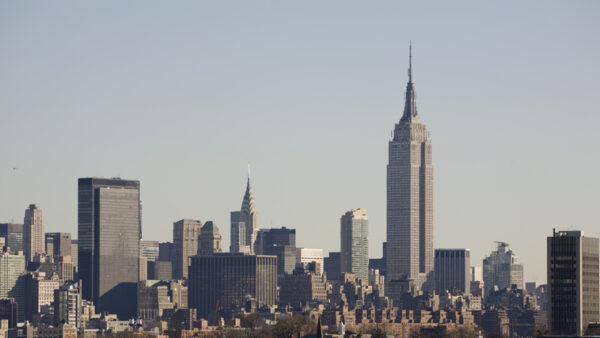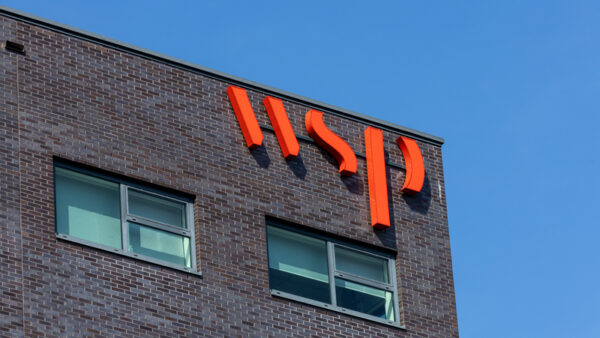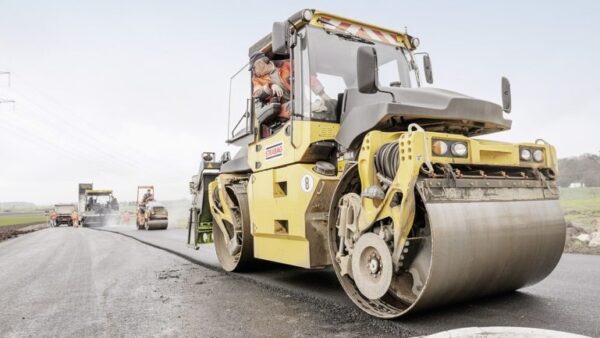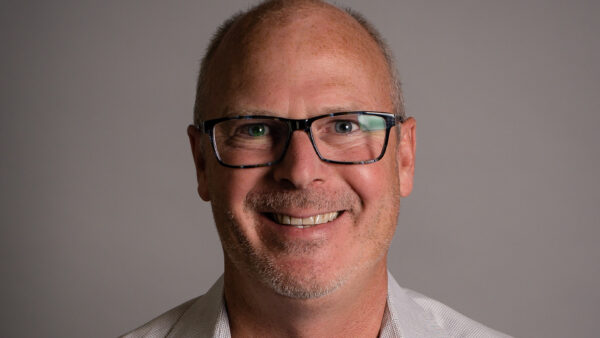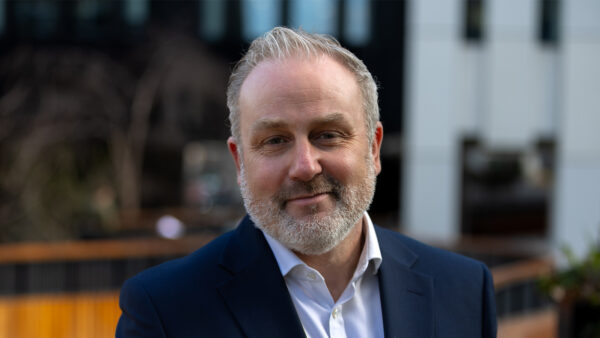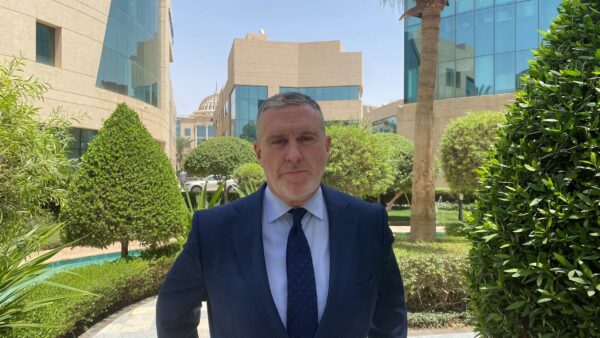The resignation on Friday of Leighton’s chairman and two directors is the first outright insurgency as Spain’s ACS tightens its grip on Hochtief’s empire. And that may well be the end of it, writes Rod Sweet.
25/03/2013
Announcing Hochtief’s 2012 results last month, CEO Marcelino Fernández Verdes said he wanted to “put an end to the nasty surprises”.
He was talking about things like the troubled Elbphilharmonie concert hall project in Hamburg, and other bad projects that led to a net loss for Hochtief of around $165m in 2011.
Last year was much better – profits of just over $205m – but Mr Verdes, appointed only in November by Hochtief’s new major shareholder, Spain’s Grupo ACS, used his first results announcement to say that a difficult restructuring had only just begun.
“When it came down to it, our self-perception has been better than our performance in many areas,” he said.
He said he didn’t want any more nasty surprises, but one came anyway on Friday, 22 March when the chairman and two non-executive directors of Hochtief’s precious subsidiary, Australia’s Leighton Holdings, quit in protest over what they say is power manoeuvring by Mr Verdes.
The shock departure caused Leighton’s share price to fall 7% and analysts to worry about the company’s independence from indebted Hochtief, and also from Hochtief’s major shareholder, the even-more-indebted Grupo ACS.
Standard and Poors put Leighton on a negative credit watch, spooked by the prospect of ACS – through Hochtief – treating it as an integrated subsidiary, and helping itself to Leighton’s prized earnings.
It is the first outright insurgency – kamikaze-style, though it was – following ACS consolidating its control over Hochtief by appointing Mr Verdes as CEO.
However, from correspondence made public by door-slamming Leighton ex-chairman Stephen Johns, the exodus may have been neither surprising nor nasty for Mr Verdes.
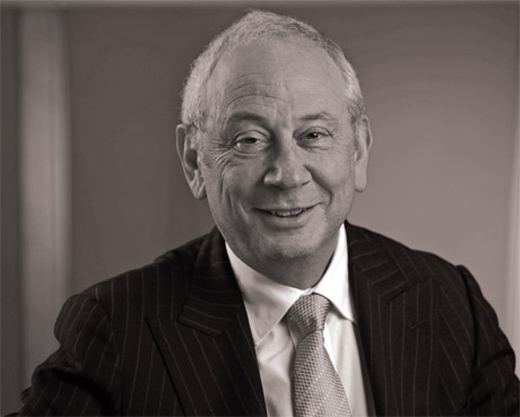
Ex-Leighton chair Stephen Johns was asked to quit. (Credit: Leighton Holdings)
Parting shots
In a letter released to the media, Stephen Johns recorded a series of events that he said proved Mr Verdes was trying to undermine Leighton’s independence from Hochtief, established by non-binding governance agreements since 2000.
Mr Johns said Mr Verdes, who also sits on the Leighton board, vetoed the independent directors’ favoured candidate for a vacant board position, refused to confirm his support for Leighton’s independence, and even asked him to quit because Hochtief didn’t support him anymore.
“These actions gave rise to serious concerns that Hochtief no longer supported the important principle of Board independence,” wrote Mr Johns, who joined the Leighton board in 2009, and became chair in 2011. While he was chairman, Leighton steered back into profit in 2012 after a loss-making 2011.
Hochtief hit back the same day, denying it had undermined the independence of the board.
“In general we suggested that the Board would benefit from an additional set of skills,” Hochtief said in a statement. “We therefore were concerned by a proposal from independent directors for a replacement of the current principles.”
Hochtief added, somewhat cryptically: “The new scheme would have restricted the right of Hochtief.”
Absent from Hochtief’s statement was any denial that Mr Verdes had asked Mr Johns to step down.
Leighton’s non-executive directors Wayne Osborn and Ian Macfarlane also resigned. In their parting shot, a letter released to media, they said they believed Hochtief “no longer supports the principle of an independent Board at Leighton”.
Leighton rushed to distance itself from these views, saying in a statement: “The remaining Australian Directors do not agree with all of the conclusions drawn by the resigning directors in those letters.”
The following Monday, 25 March, Leighton chief executive Hamish Tyrwhitt told analysts it was business as usual at Leighton: “This is not going to change the momentum that we’ve got in place,” Mr Tyrwhitt said.
Â
$50 trillion prize
The drama is the latest chapter in the story of the over-reaching ACS, hobbled by Spain’s moribund domestic market, latching onto the robust international business of Hochtief.
Grupo ACS’s net debt, caused in part by the disastrous acquisition of Spanish power utility, Iberdola, has fallen in the last two years but still amounts to approximately $6.43bn, of which around $1.5bn is Hochtief’s.
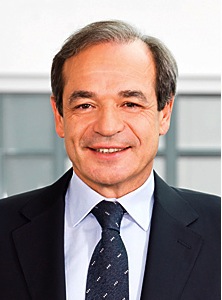
Marcelino Fernández Verdes
Key to Hochtief’s fragile global health is Leighton. Its successes in the Asia-Pacific region, for example, accounted for 84% of Hochtief’s pre-tax profit in Q2, 2010.
Leighton tried to resist the Spanish. It had operated independently since Hochtief acquired its stake in 1983. On behalf of minority shareholders in 2010 it appealed to Australian authorities to make ACS commit to an amenable governance regime, but this appeal was rejected.
The lynchpin of ACS’s strategy is Mr Verdes, 57, who has led a number of ACS group companies and is a close confidant of Florentino Perez, CEO and chairman of ACS.
It seems his job is not only to set Hochtief on a path of stable growth (“an end to nasty surprises”) but also to start being a more involved owner of Leighton.
He has a bold plan. Announcing Hochtief’s 2012 results last month, Mr Verdes said the company would focus with laser-like intensity on its core business, infrastructure.
It would sell other parts, including its facilities and energy management businesses, even if they are stable earners.
Complex corporate structures will be streamlined, and the way will be cleared to release the “financial firepower” locked away in various parts of the group.
Finally, he said, the group-wide risk management system would be beefed up to prevent any more loss-making projects from being taken on, by anyone, ever.
Hochtief companies will choose markets, sizes of project, customers, and partners much more carefully, and this will be watched with “effective Group-wide monitoring and control mechanisms”.
The prize, says the company, is a share of estimated $50 trillion it believes will be spent on infrastructure worldwide between now and 2025.
In light of this, it’s understandable perhaps if, from Hochtief’s headquarters in Essen, Germany, Leighton’s preference for independence seems like a quaint sideshow.
After a weekend of tumult, Leighton’s share price bounced back 4.3% in Monday trading, so whatever S&P’s misgivings, the market may be coming around to the same view.

